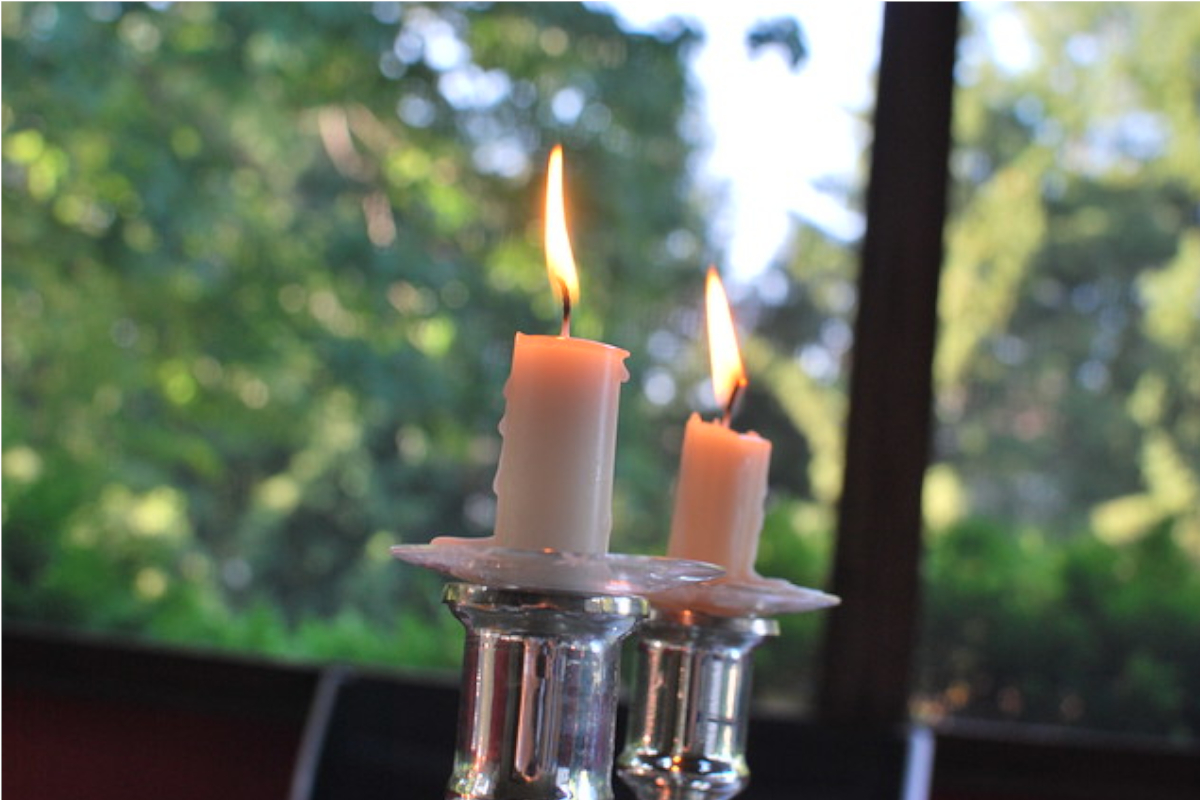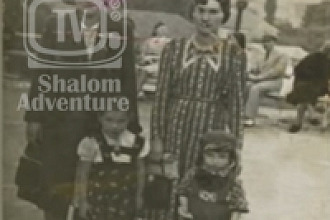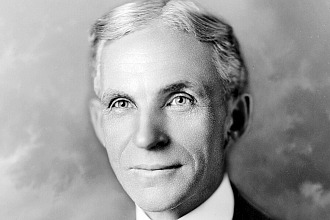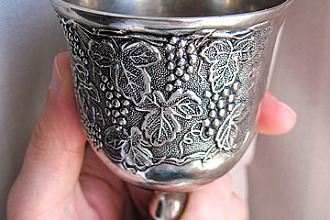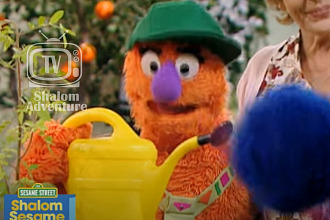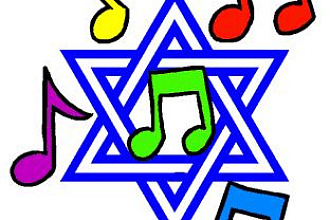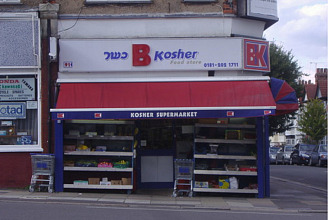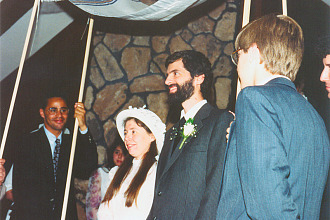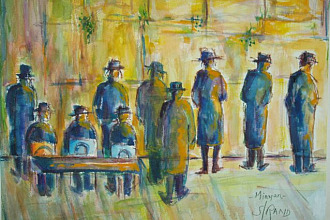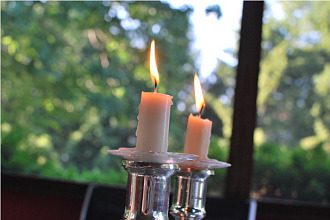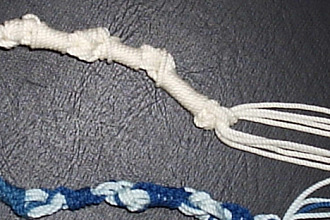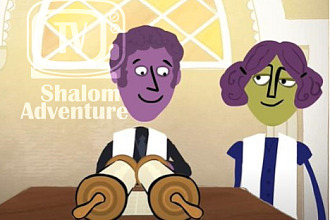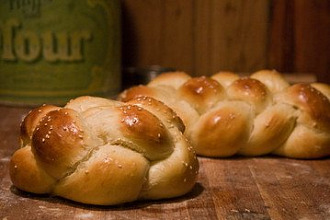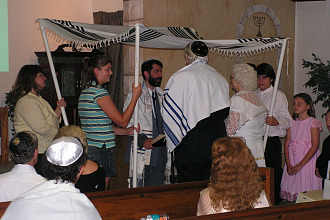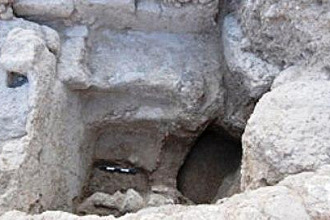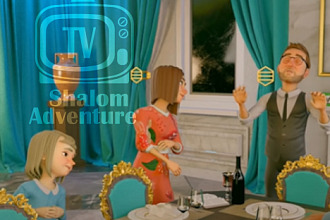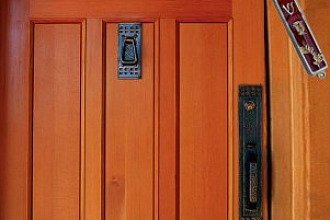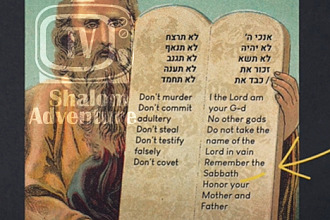Candles are very special in Jewish tradition because they are said to represent the light from the menorah, used in the tabernacle. Candles are burned for various special occasions in Judaism.
Traditionally candles are used to welcome the Shabbat. There is no command to do so in the Torah, but Rabbis decided to make it a commandment for women, since women were excluded from many religious obligations which were reserved for men.
So candle lighting became one of various good deeds considered an obligation of women, which would somehow make atonement for the sins of the first woman and would help to emulate Hannah, the godly mother of Samuel.
But since God didn't say to burn candles to be godly, doing so doesn't make you godly; although it is not a sin for a godly person to burn candles. But traditionally, two candles are used in the welcoming of the Shabbat. It is said that one candle is for the person, and one candle is for God. In some families a candle is lit for each member of the family. After the candles are lit, the woman says the Shabbat blessing, "Blessed are you Adonai our God, King of the universe, who makes us holy with mitzvot and instructs us to kindle the lights of Shabbat.”
The Shabbat is welcomed in the evening as the bride of the week, and Jewish women close their eyes and move their arms over the candles in a welcoming manner, as if to tell the Shabbat to come, while saying the Shabbat blessing. The neglect of candle lighting was said to increase the risk of death in childbirth. It is said that in some areas candle lighting used to be taken so seriously that if someone forgot to light the candles for even one week, she would burn an additional candle each Sabbath for the rest of her life. But for many people, candle lighting may not be considered to be a requirement by God, just something to do simply out of enjoyment and tradition.
After the Shabbat is welcomed, how things go on from there depends on the person. Some people may attend services on Friday night and welcome the Shabbat along with their congregation and proceed to listen to the rabbi's Shabbat message. Some people may welcome the Shabbat in their homes and celebrate it with their family, enjoy a meal, and go to Shabbat service the next day.
There is no need to light candles to welcome the Shabbat if you don't have any or simply don't want to; but if you enjoy candles, it is a nice way to remember that Shabbat is the brightest day of the week and something special to look forward to.
References: "Shabbat: What is Shabbat?" Jewish Virtual Library.

